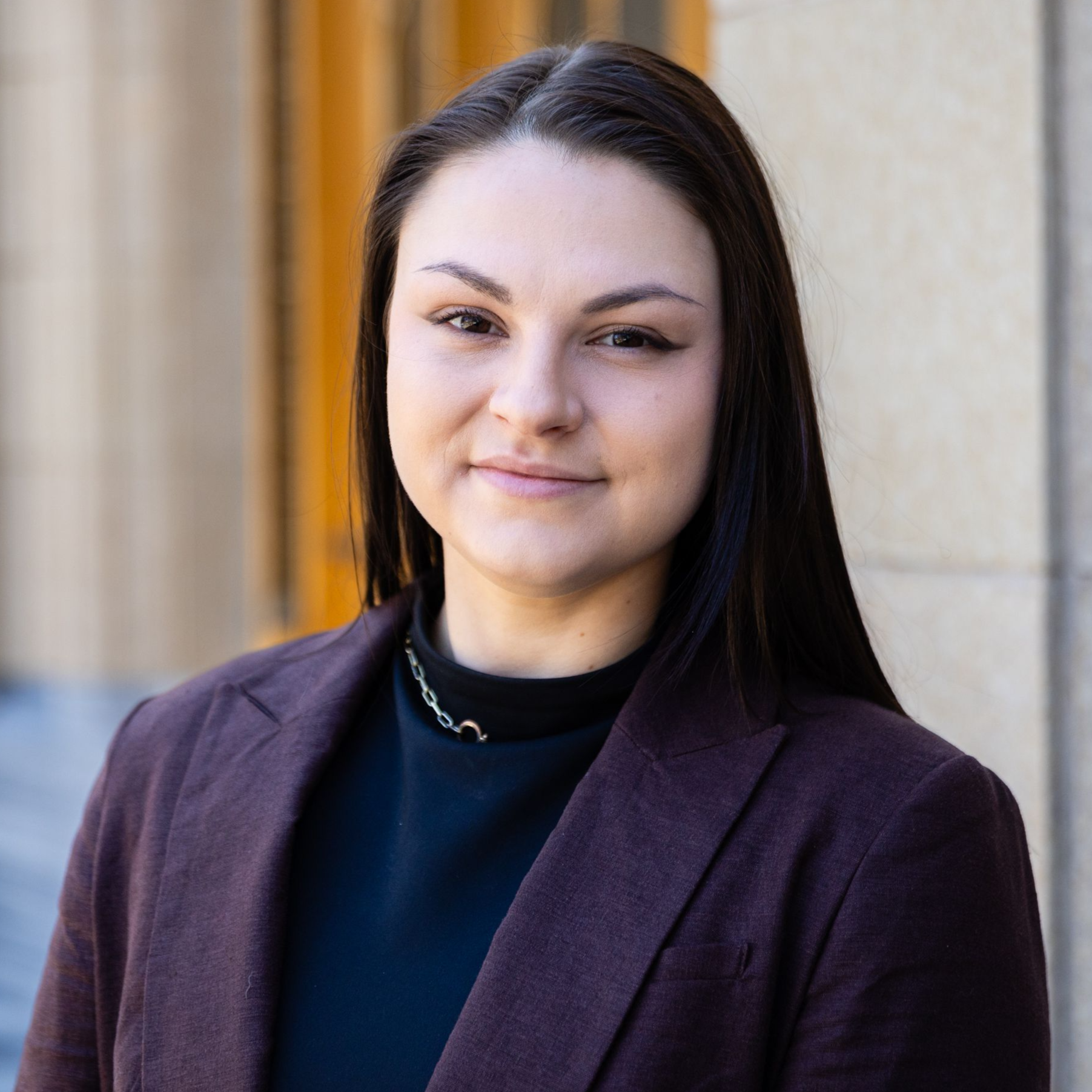Pickleball players lobby Atlanta city officials for their own courts

One afternoon in May at the Washington Park Tennis Center, Tim Ball had an unusual pickleball partner.
The 76-year-old coach and USA Pickleball ambassador offered words of encouragement to Atlanta Mayor Andre Dickens as he served the ball across the net.
“The mayor is pretty doggone athletic,” Ball recalled. “And he doesn’t like to lose. That’s the one thing we found out about the mayor. It took him about two minutes to get really competitive.”
The high-profile match was a prime example of how pickleball — named America’s fastest growing sport for three years in a row — brings together people from all ages and backgrounds.
But despite a surge in interest in the game that longtime players attribute to the pandemic, Atlanta has few places for pickleballers to play. While the city boasts more than 180 tennis courts, the metro area doesn’t have a single court dedicated to pickleball.
Ball, who also heads the city’s nonprofit pickleball club, estimates there are tens of thousands of pickleball players who are either using tennis courts or driving far into the suburbs to play.
“Even if we had 50 pickleball courts in Atlanta right now, we cannot meet the demand,” he said.
The pickleball community has been lobbying city leaders — on and off the court — to invest in the sport. Dozens showed up to a recent City Council committee meeting to press council members for support.
The Department of Parks and Recreation is launching a pilot program to identify and test locations across the city for dedicated pickleball courts and overlays on top of tennis courts.
New courts come with a hefty price tag of anywhere from $55,000 to $70,000, according to the department. Painting pickleball stripes on tennis courts is much cheaper.
City officials also face the challenge of appeasing multiple sports communities, while making sure surrounding homeowners aren’t bothered by the noise. The smack of a pickleball against the paddle can reverberate up to 100 feet away.
Still, Atlanta leaders are convinced pickleball is a worthy investment. That includes the city’s first-term mayor, whose visit to the west side to play a few pickup games caught his own staff by surprise.
“I’m all for healthy, fun, multigenerational activities,” Dickens said. “I picked up the game in like five minutes and was good enough to hold my own against local players that played just hard enough to not embarrass or hurt the mayor.”
Not all fun and games
Carving out a place in Atlanta’s bustling parks for pickleball has been no small task.
Parks Commissioner Justin Cutler presented a detailed plan to council members in June for how to expand pickleball access without stepping on any toes.
The department is vying to create 14 dedicated courts and 22 shared courts across all city council districts.
The city can paint two pickleball courts on a single tennis court. But U.S. Tennis Association-sanctioned games can’t be played on courts striped for pickleball.
“We’re working with the pickleball community and the tennis community to identify how we can work together to make sure that everybody has access to the court,” Cutler said.
The commissioner himself first played the sport at 10 years old on Bainbridge Island in Washington where pickleball was invented in 1965.
Pickleball players like Cutler know well, the sport can be noisy. He said other cities have been forced to close courts because they’re a nuisance to surrounding residents. The department has set a goal not to create any courts within 150 feet of a home.
“We wanted to be very intentional (about) how we’re setting ourselves up for success, so pickleball isn’t vilified in our community but it’s embraced, it’s loved and it can flourish,” he said.
Atlanta City Council President Doug Shipman also went out and played a few games with Atlanta’s pickleballers at Piedmont Park. He said if the demand for courts lives up to expectations, the city will look to expand facilities even more in the future.
“It’s very clear when you play that it’s intergenerational — you can be younger and older and be on the same court and have fun,” he said. “And it’s really easy to pick up. You can have fun within about 10 minutes.”


